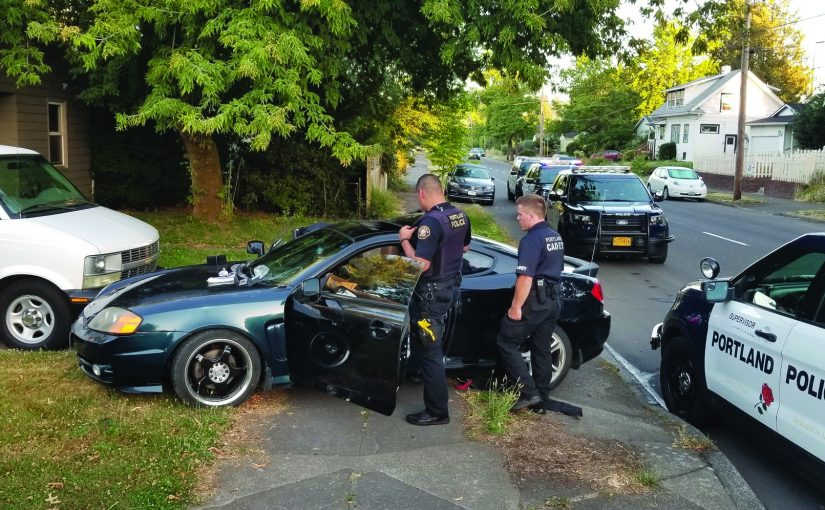
As integral frontline components in the U.S. security infrastructure, local and state law enforcement can play a vital role in detecting, identifying, and disrupting labor trafficking operations in their respective jurisdictions. As noted in the U.S. Department of State’s 2018 Trafficking in Persons Report, human trafficking is not only a matter of global concern but a domestic issue as well, one that “takes place locally—in a favorite nail salon or restaurant; in a neighborhood home or popular hotel; on a city street or rural farm.”1
Additionally, the President’s Interagency Task Force to Monitor and Combat Trafficking in Persons, recognized the vital role of local and state officers in anti-trafficking efforts:
[The task force] publicly tasked the over 17,000 municipal, county, and state law enforcement agencies responsible for carrying out routine policing functions of local communities to “be the eyes and ears for recognizing, uncovering, and responding to circumstances that may appear to be a routine street crime, but may ultimately turn out to be a human trafficking case.”2


